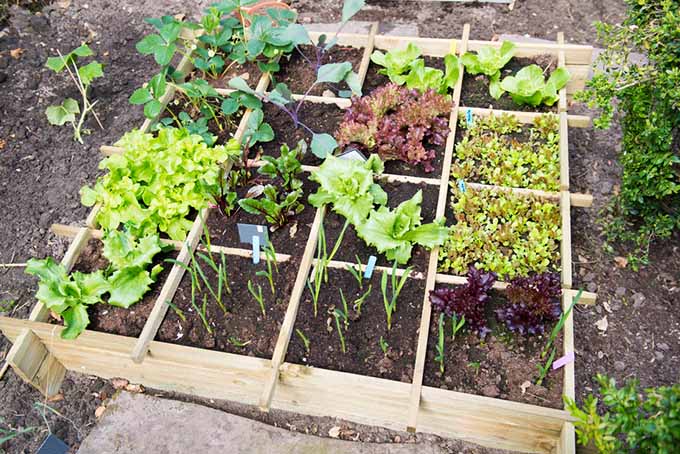By Charmaine Peters

Earth Day is celebrated every April 22nd to remind us of our responsibility to safeguard and nurture our planet. People worldwide contribute and show their love for Mother Earth in various ways on this day. Home gardening is amongst the most practical and rewarding ways to do so because you get to reap what you sow. It requires time and dedication, but its long-term benefits for a greener, more sustainable future are invaluable.
Let’s dig into how home gardening supports the Earth’s well-being:
Reduces Food Waste
On average, fruits and vegetables contribute about 45% of global food waste. With home gardening, you can harvest only what you need. Instead of buying produce at stores, which often comes in large quantities, there’s less chance of having extra fruits and vegetables go to waste if you grow them yourself. Whether they come from a small backyard or pots on a home balcony, you can still make a big impact by mitigating environmental pollution and conserving resources.
Reduces Carbon Footprint
If you cultivate your own fruits, vegetables, and herbs at home, you can decrease the carbon footprint involved in transporting food from farms to grocery stores to your home. Think about the miles your tomatoes or lettuce travel before they end up on your plate! Transporting fruits and vegetables contributes to 36% of food miles emissions, which is about twice the greenhouse gases released during production. With home gardening, you cut down on those miles and carbon emissions, helping to combat climate change in your own small way.
Preserves Biodiversity
Home gardens provide habitats for pollinators such as bees, butterflies, and birds. These pollinators play a vital role in the reproduction of plants and help maintain biodiversity. By planting a variety of plants and keeping your garden clean and healthy, you can attract many species that help support ecological balance. Your role as a home gardener is significant in shaping a healthier planet for many other living organisms.
Improves Soil Health
When you think of gardening, caring for the plants is the first thing that comes to mind. However, it also entails caring for the soil. Healthy soil is the foundation of a successful garden. Applying mulch, composting organic matter, and using natural fertilizers for your crops can help them thrive while enriching the soil with essential nutrients. These methods help prevent soil erosion. Your garden not only flourishes but also becomes a nurturing space that cares for Mother Earth.
Encourages Sustainable Practices
Home gardening encourages sustainable practices through a variety of methods. You can recycle organic kitchen scraps, yard waste, and plant trimmings by composting them. You can also upcycle containers for your plants and reuse materials to create raised beds, borders, and pathways to minimize waste sent to landfills. To reduce gardening costs, save seeds for replanting or collect rainwater to use later for watering. Your garden is a nurturing space that offers many opportunities to promote environmental stewardship. Take action and lead a more sustainable lifestyle.
Home gardening is more than just a hobby – it’s a meaningful way to care for the Earth and contribute to a healthier, more sustainable future. Let’s celebrate Earth Day and remember the profound impact that our everyday actions can have. Together, we can cultivate a greener, more resilient world for generations to come. Start your home garden now!

